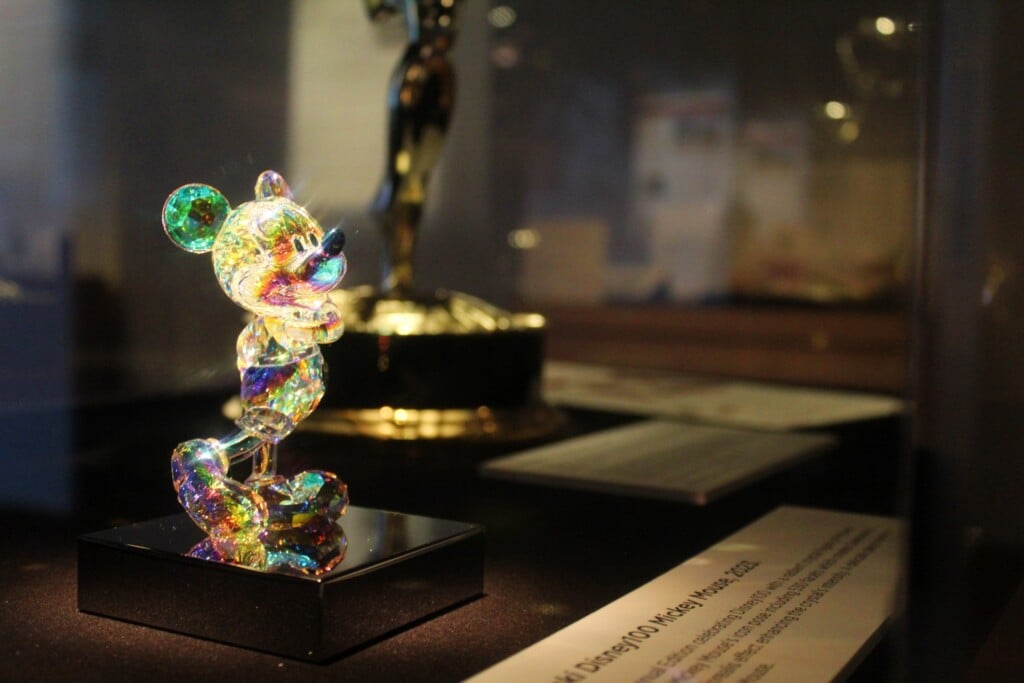The Daddy Complex
Great art gives back what you put into it. Such is certainly the case with The Odyssey, the epic Illiad spinoff in which Odysseus rides the Grecian rails for a decade, watching his friends die, nailing sea goddesses and, presumably, filching pies off window sills. Once he finally wanders home, he dresses as a swineherd for God knows how many hundred pages and then slaughters the dozens of locals who have dared to woo his abandoned wife, Penelope.
When I read it in high school, at the tail end of Bush I, the play sounded clear warnings about kings who neglect domestic need in favor of adventures abroad. By my grad years, I found it a near parody of Tom Brokaw’s greatest-generation blubber: Telamachus, the big O’s twerp of a son, is unable to protect the house built by his hero father, and so he mopes off in search of him, heartsick not just at the physical distance between them but at the gap in achievement. No different, really, from Brokaw and other real-world boomers who whiled away the late Clinton years wishing — at some guilty subconscious level — that they’d fought Nazis instead of welfare reform.
Now I know that The Odyssey is about nothing less than how tough it is to get back to what matters after starting wars in far-off kingdoms.
The Search for Odysseus is an exciting adaptation of Homer that runs just one more weekend at the Coterie. Our hero is the son instead of the father, and his search is not so much for dad as it is for who, exactly, he and his father are. It’s a quick jaunt through Homer’s greatest hits — we get gods and monsters, a temptress and a princess, and a perilous voyage across the wine-dark sea. A servant transforms into a pig, which is scary, and later into a possible girlfriend — even scarier for meek Telamachus.
As staged by the Coterie, the marvels are marvelous. William Hill’s beautiful shadow puppets suggest a number of the monsters, which seem even more frightening than if they’d been rendered realistically. Keeping things simple — sometimes even abstract — is a hallmark of director Jeff Church, who understands that, even though audiences enjoy being dazzled, they enjoy equally being let in on the trick. When that servant becomes swine, we catch the witch Calypso (Andi Meyer) sleight-of-handing a pig mask to actress Vanessa Severo. We also see Severo’s pained face, from which we feel the moment’s horror — a horror that might have been lost if we’d been wowed by more elaborate staging. Coterie shows invite us to savor their handmade artificiality, to believe that a scowling shadow thrown on a sheet is the furious god Poseidon. This brand of nourishing, imaginative play has almost vanished from our culture. Outside of books, where else might the minds of our digital kids so fully engage with fantasy? Where else might those minds be so pleasurably tasked with filling in the magic?
Aimed at older kids, The Search for Odysseus charts into some harrowing emotional territory. Telamachus (a screechy but appealing Doogin Brown) is always the second Ithacan to encounter these ancient wonders. Whether it’s the cave of the Cyclops or the halls of the dead, Odysseus has always been there first, and most of the places are still reeling at the tumult he created. Telamachus (who, as always, seeks his father for aid in dispensing his mother’s admirers) must mop up his father’s adventures. He apologizes to the Phoenicians for Odysseus’ failed promises and, like some idealized George W. Bush, polishes off the enemy his daddy didn’t quite kill, in this case a giant, raggedy Cyclops. (That’s as warlike as the kid gets, fortunately. Telamachus has the good taste not to work out his father issues on a global scale.)
By the time he catches dad, Brown’s Telamachus is a wreck. He’s come to conclusions that are familiar to many modern readers of Homer: Odysseus is a prick, a deadbeat dad, a murderous fool-around, a self-mythologizing jackass who moans constantly about how he misses home despite the fact that he has used the Trojan War as the most grandiose “Going out for cigarettes” in the history of family abandonment. Brown starts the show playing Telamachus as a fraidy-cat fool. As his anger mounts, the comedy is drained away. “I hate my father!” he shouts.
But then they meet (in a beautifully realized land of the dead), and we receive the deepest jolt yet. This Odysseus (Ralph Prosper) is shell shocked, a man hollowed out by the horrors he has wrought in the name of war. He’s lost and confused, and it falls to Telamachus not only to return him to life but also to teach him life’s value. No slaughter befalls a single suitor.
Here’s the cardinal truth missed by Brokaw, Bush and the whole greatest generation crowd: Admire the folks who have gone through war, sure. But thank whatever gods you believe in that you haven’t gone through war, and do everything you can to ensure no one else does, either.
How come only the children’s theater dares speak truths so obvious?




